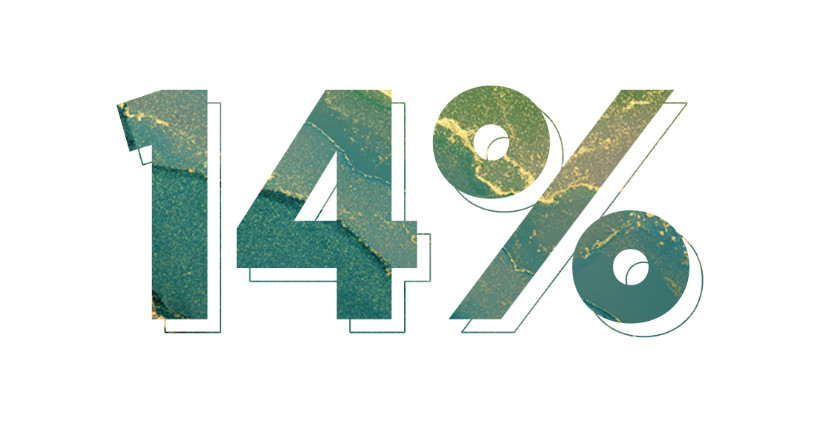What is a B Corp?
The term B Corp is becoming increasingly popular since the first companies received the certification in 2007, but many people still don’t know exactly what they are, so let us explain it for you.
Who are B Lab?
Before we begin discussing B Corps, we must first look at B Lab, the organisation that certifies B Corps. B Lab is a non-profit organisation that believes a different kind of economy is not only possible but necessary. They highlight the fact that there is no Planet B and the global economy must move on from concentrating wealth and power. They put their beliefs into practice by encouraging companies to become B Corps which supports their shift from an economy that benefits few to one that benefits all.
So, what is a B Corp?
A B Corp is a type of company that meets the highest standards for social and environmental performance, accountability and transparency. They put their stakeholders before their profit and understand that their company's impact on employees, customers and the environment is more important than the money and power they hold. A company can not declare itself a B Corp and instead must go through the certification process.
What must a company do to become a B Corp?
The road to gaining the B Corp certification differs depending on several factors, including the company's sector, ownership structure, and size.
To become a B Corp, a company must follow the following steps:
Register for a B Impact Assessment
Determine how your company can integrate stakeholder consideration into your structure
Complete a risk review
Gather supporting documents and data to support your answers
Take the B Impact Assessment online
Establish a company profile and start the disclosure questionnaire
If your score is under 80 you must work on areas to improve, if it is over 80, you can submit your assessment and wait in the evaluation queue until your company has been reviewed
Once reviewed you will enter the evaluation phase where an analyst from B Lab will look over your company and answer the assessment
Next, you will enter the verification queue where you will be asked to provide information on employees and suppliers
During this stage, you will have a call with an analyst to discuss the verification report and provide documentation for assessment answers
If your score is above 80 you will enter the post Verification stage and sign the B Corp Agreement
You will then have to publish your public profile in the B Corp Directory to meet the transparency agreement
Now you can celebrate and share your new B Corp Status
As you can tell, this is a lengthy process that takes time, money, transparency, and honesty. The whole process must also be repeated every three years to ensure the company meets the guidelines.
Is gaining a B Corp status really worth the lengthy process?
UK companies with a B Corp status have an average growth rate of 14%, which is 28 times higher than the UK average.
Yes! There are so many benefits to becoming a B Corp and these are just a few of them:
Customers value transparency and this can build high levels of trust as they know exactly what they’re buying into. Most companies can say they value people and the environment, but not many can prove it!
B Corp’s have a strong focus on continuous improvement due to the recertification assessment that takes place every 3 years which results in long-term resilience for the company.
The certification can attract and retain staff as they feel valued for their work and individuality and they know the business cares more about their social and environmental impact than simply making a profit.

